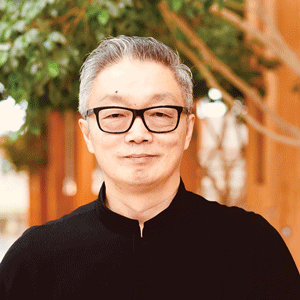Learning from the Best Doctor in the World: Our Immune System
The process of developing a diagnostic is slow and expensive because identifying disease signal requires knowledge, and detecting the signal relies on technologies. A shortcut to this classical approach is to learn from the best doctor in the world, i.e., our immune system. In nature, our immune system has already acquired the skills to diagnose and treat diseases. Each of our immune cells, T or B cells, is equipped with a disease sensor, a receptor that recognizes and binds to disease antigens. Human beings are capable of making an astronomical number of receptors by shuffling and recombining a small group of genes. For the past ten years, we have been developing high throughput sequencing methods to study immune repertoires. We have studied more than 40,000 normal and patient samples and our database accumulated several billions of receptor sequences.
We have developed many clinical applications. For example, we developed the Sharing Index for diagnosing diseases. The Sharing Index describes a person's immune repertoire overlapping with a disease signature; we have developed the Delta Index for treatment monitoring by measuring the repertoire turnover rate; we have developed the Diversity Index for evaluating repertoire diversity and capacity. We have also developed the Response Index that can recognize those responding to cancer immune therapies. One exciting application is the Wellness Index. Instead of evaluating health status by referring to diseases, we measure health by analyzing immune reserves. To make these applications widely available, we have developed a fingertip blood collecting method and lab automation solutions. We also developed a mobile app, allowing consumers to have direct access to the technology.
The repertoire sequencing method could become "the ultimate diagnostic": taking one non-invasive sample, running one test, detecting many diseases.
Our immune system, like our national defense, needs resources and has a budget. When we were young, our immune system had the maximum capacity and focused on fighting external infectious agents; when we get older, the immune system had the maximum efficacy and focused on maintaining internal integrity. To sustain health, therefore, is to balance these needs, managing the transitions, and to do so without breaking the immune bank.
Presented by:
Jian Han, M.D., Ph.D.

Faculty Investigator at the HudsonAlpha Institute for Biotechnology
No slides availableNavigate the Site
2025 GoldLab Symposium
Save the date!
Please join on May 15-16, 2025Presenters In The News
Contact Info










